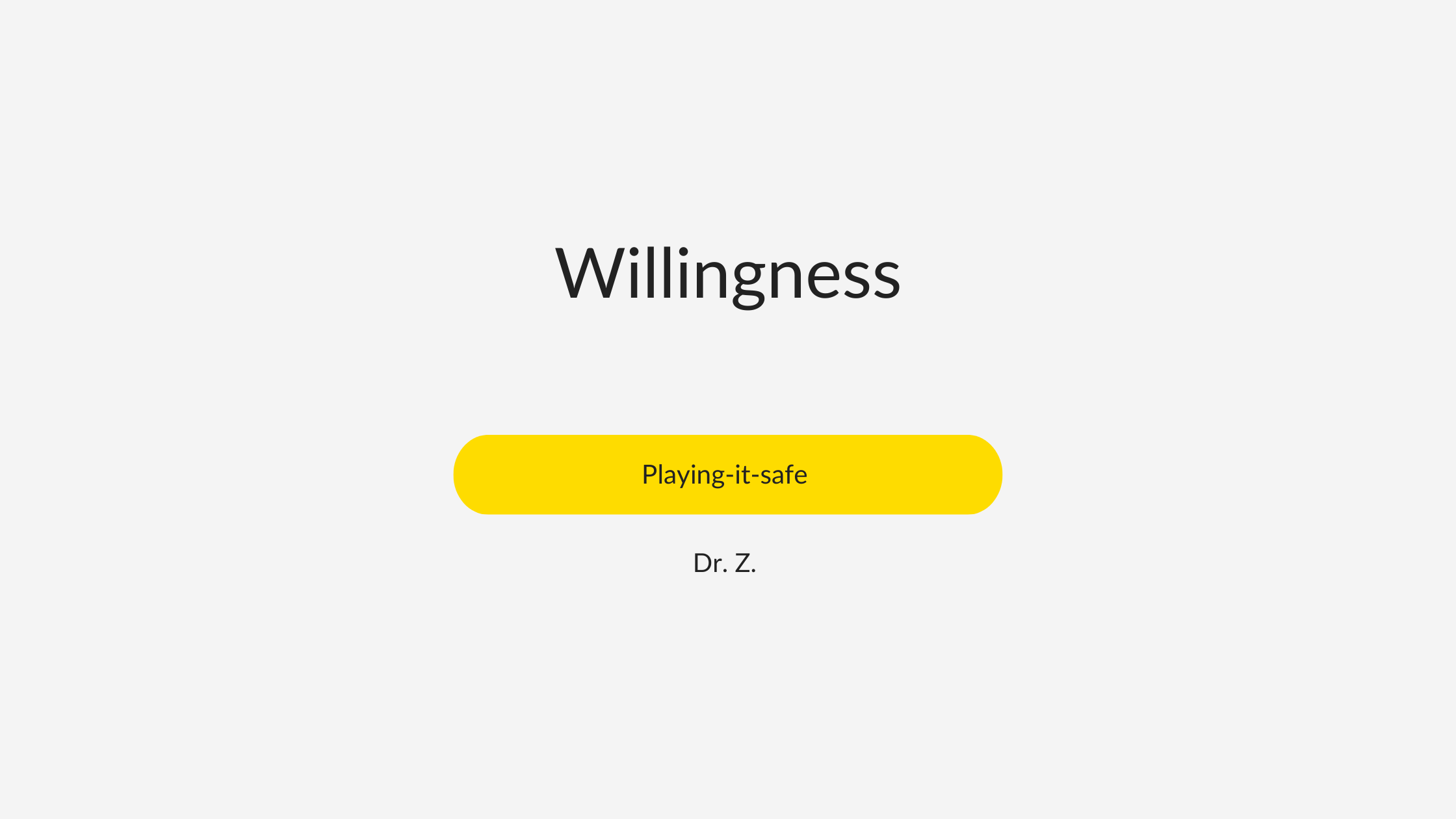
Embracing self-acceptance, self-compassion, and self-exploration
We all experience anxiety in some form, in some way, and in some shape. Because anxiety, fears, and worries can be so uncomfortable, we quickly play-it-safe. And when you’re prone to deeply caring for what you do – as high-achievers, strivers, and perfectionists – then the fears of being a failure or not being good enough are amplified.
In this conversation, Annick Seys and I discussed the many layers in which these fears show up and how nourishing your observer-self can shift from self-criticism into self-acceptance, from self-judgment into self-compassion, and from emotional avoidance into curious behaviors.
Cultivating your observer-self isn’t just about self-distancing; it is about your well-being and living a purpose-driven life.
Key Takeaways
- How to deal with the gap between expectations and reality
- How to practice self-acceptance
- How to unpack the fear of being a failure in the moment
- How to understand the fear of being a failure
- The problem with toxic positivity
- Relational Frame Theory of Language
- How to nourish your observer-self
- Understanding the observer-self
- The power of curiosity
- Self-compassion on-the-go
About Annick Seys
As the founder of the 4-year training course to become a contextual behavioral therapist, Annick is one of the founders of the development of a therapy course that can be considered one of the most precise, effective, and innovative ways to work with people, teams, and organizations on change behavior. To achieve this, Annick worked with a number of leading professors from various universities worldwide.
Today, Annick supports people who are at the top of their organization or company internationally to develop greater mental flexibility, focus, and wisdom in which they can more effectively achieve their goals and guide their organization through all the challenges that come with it.

Resources
- Annick Seys’ website: https://www.annickseys.be/en
- Annick Seys’ Facebook: @annick.seys
- Annick Seys’ Instagram: @annickseys
- Annick Seys’ LinkedIn: https://www.linkedin.com/in/annick-seys-912a4637/
- Annick Seys’ YouTube: https://www.youtube.com/channel/UC8zsH-sLCPxoq4-4siPjlhg
Resources from Dr. Z.
- Online class: ACT beyond Perfectionism
Show notes with time stamps
00:31 Understanding Fear-Based Reactions
01:00 The Struggles of Time Management
01:07 Dealing with Disappointments and Failures
05:31 Exploring Self-Acceptance
06:01 The Ongoing Exercise of Self-Acceptance
11:45 Unpacking the Fear of Failure
14:12 The Impact of Toxic Positivity
17:47 Tapping into the Observer Self
18:01 Exercises to Connect with the Observer Self
20:50 Understanding the Observer Self
24:03 Experiencing Different Moods
26:11 Relating to Past Experiences
29:59 Overcoming the Fear of Failure

























